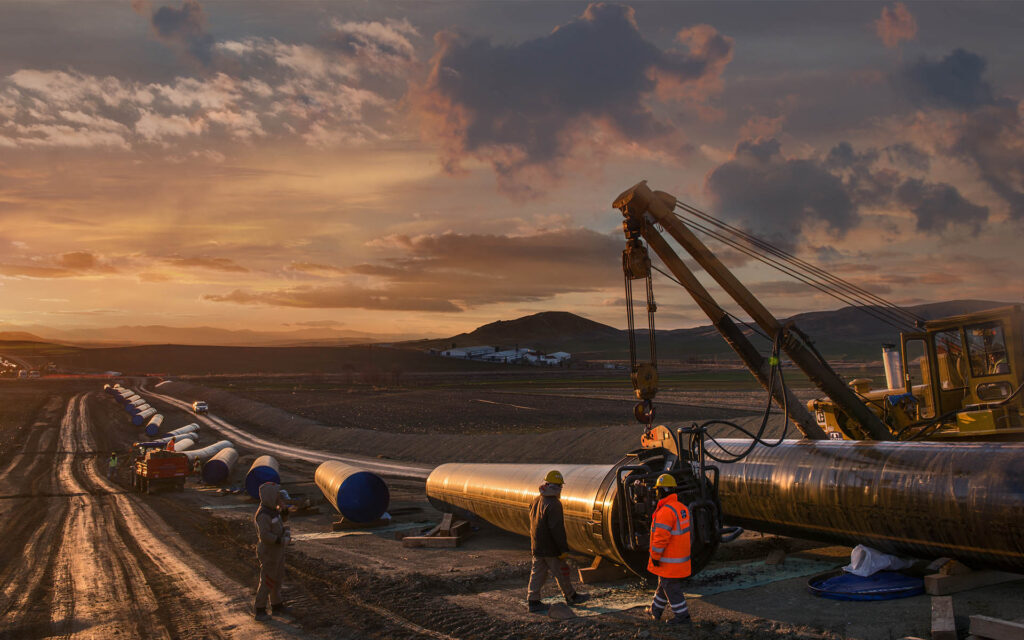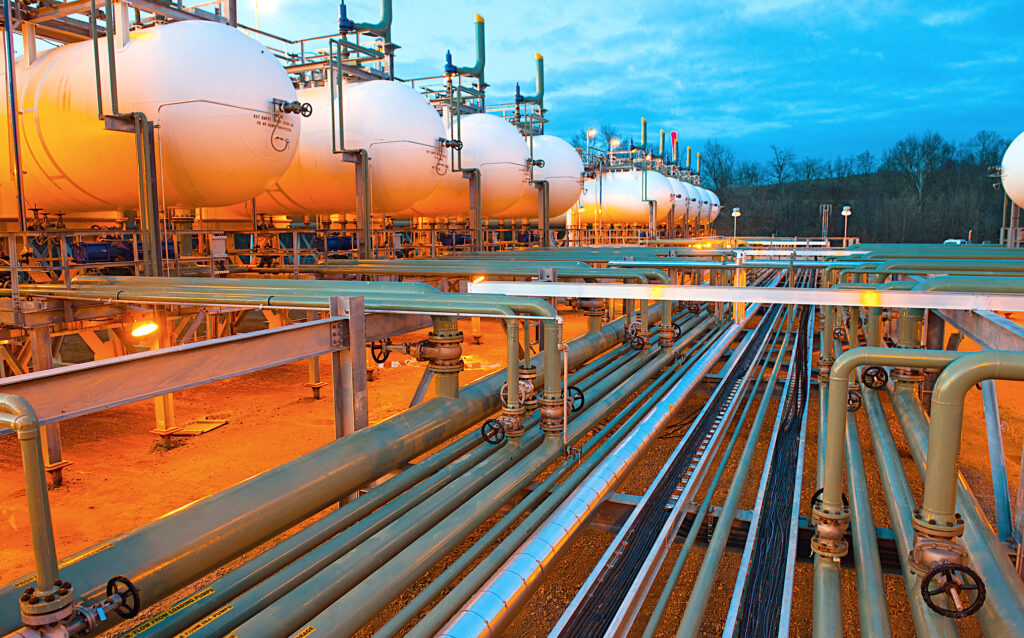PIPELINE TRANSPORTATION
ETT B.V PIPELINE SERVICE.
These pipelines primarily transport intermediate feedstocks and crude oil and refined products. Oil pipelines are the least expensive and most environmentally friendly method of moving oil. The pumping stations’ produced pressure difference causes the oil in them to travel at a speed of up to 3 m/s. Depending on the geography of the road, they are erected every 70 to 150 kilometers. The pipes have valves placed at a distance of 10 to 30 kilometers that allow for the blocking of specific sections in the event of an accident. Pipes typically have an interior diameter between 100 and 1400 millimeters. Steels with high plasticity that can endure thermal, mechanical, and chemical impacts are used to make the pipes. Pipelines with reinforcements are becoming more and more common. They have a nearly infinite service life and are not corrosive.
Fuel pipelines transport diesel, gasoline, and jet fuel from the refinery to regional distribution centers. Pipelines that transport crude oil from the wellhead to storage tanks and treatment facilities, where it is measured and tested, make up field gathering systems that collect crude oil. We routinely inspect our pipelines. The majority of our pipelines are generally unconstrained in terms of the types of crude and refined products that we can carry on them, with the possible exception of specific pipeline and terminal agreements. Our pipelines that transport refined products and crude oil are subject to interstate transportation tariff regulation by the Federal Energy Regulatory Commission (FERC), and intrastate transportation tariff regulation by state regulatory organizations.
PIPELINE SAFETY
We make ongoing investments in the upkeep and integrity of our assets, including inspection and repair programs to abide by local, state, and federal laws. Through satellite communications, our control center manages our terminal and pipeline assets while cutting-edge computers continuously track real-time operational data. The security of their operations is the responsibility of the pipeline corporations.
The Pipeline and Hazardous Materials Safety Administration supervises and controls pipeline system activities from the project’s design stage through construction, maintenance, and operations, in addition to ensuring that they comply with federal and state safety and environmental regulations.

Emergency Response
In the areas where we conduct business, ETT B.V. Partners is dedicated to maintaining safe operations. Maintaining corporate emergency response plans and building and maintaining ties with neighborhood emergency responders and public officials are all part of our commitment to pipeline safety. Our main objective is to guarantee public security while encouraging a coordinated response to emergency and security crises. A command post will be established by the pipeline firm to serve as a single hub for all emergency information. The incident commander for the pipeline will provide you more information. To lessen the impact of the leak, pipeline operators will take the required operational measures, such as starting and stopping equipment, closing and opening valves, and other operations.

Schedule Your Appointment Today
If you need further assistance or have any questions related to our services, please do not hesitate to contact our team of experts, using the contact information on the site.
Main Office
- +31635251229
- injection@ett-bv.nl
- Mosel Road 151, NT
